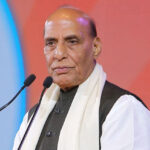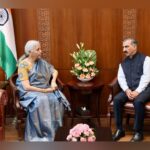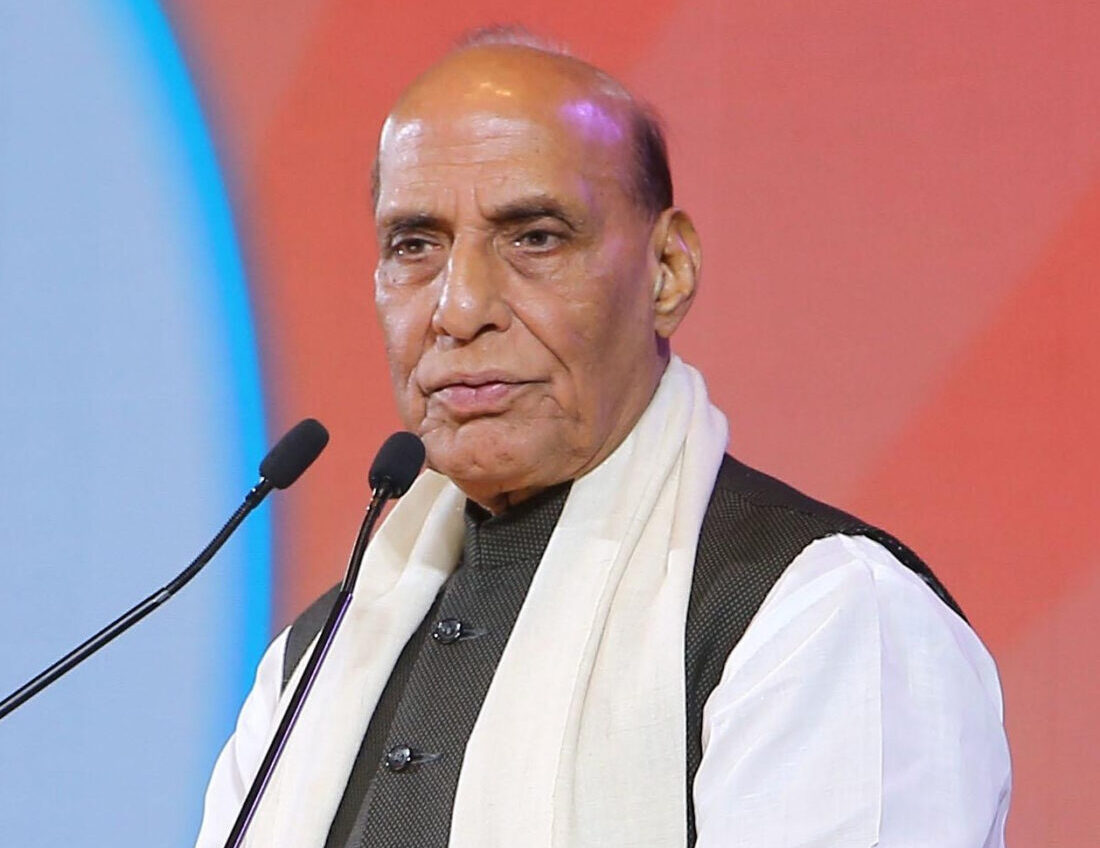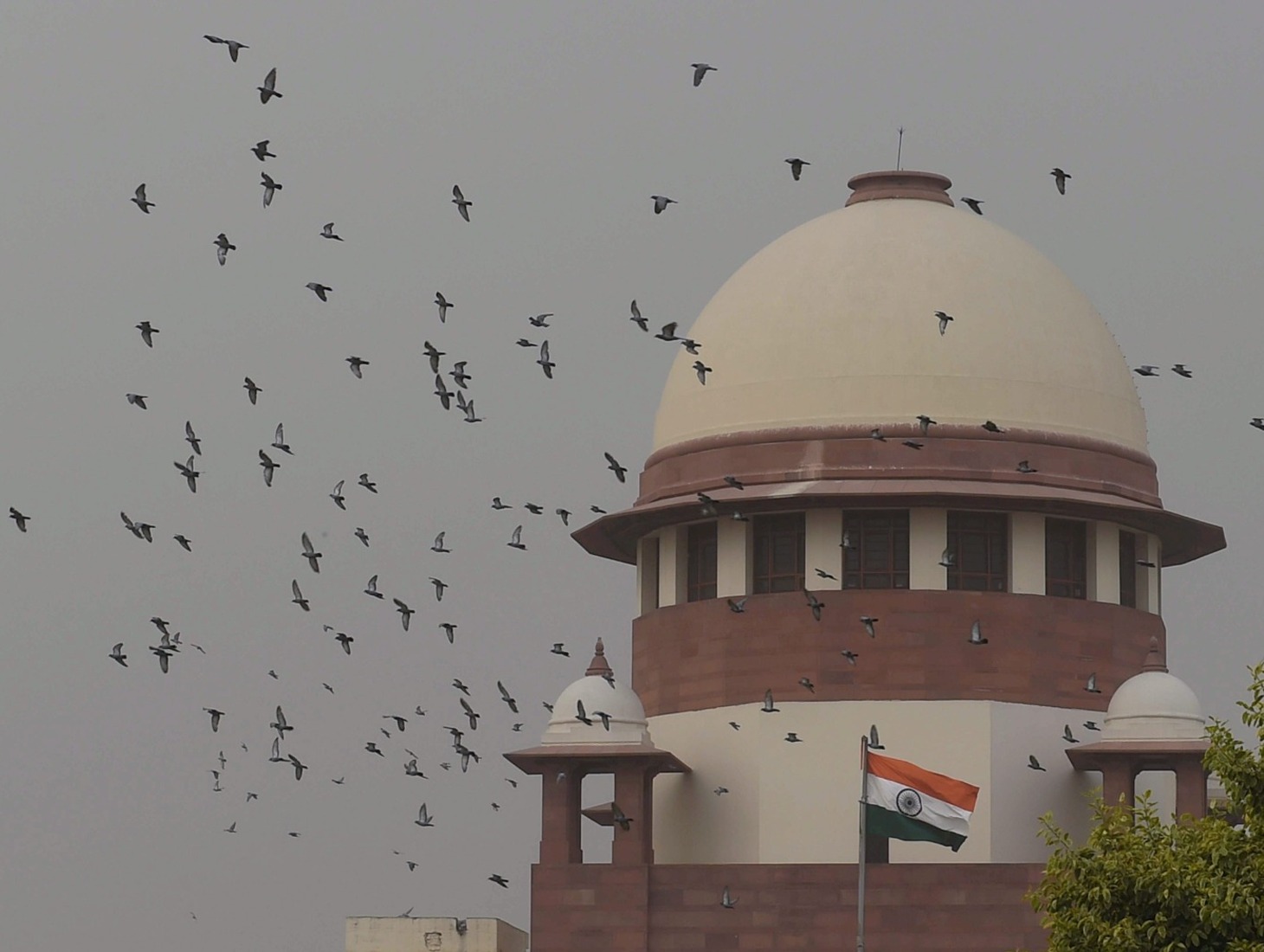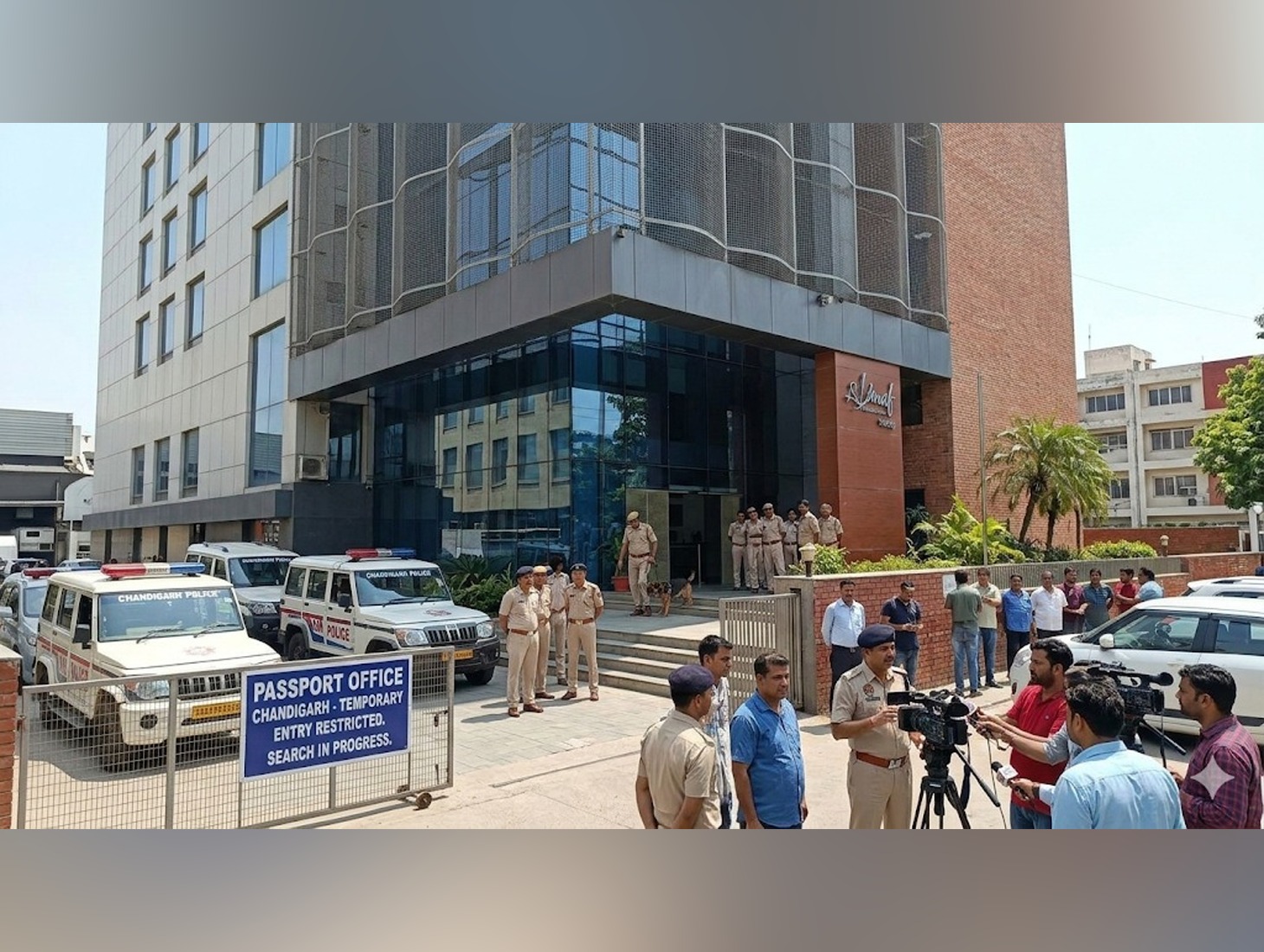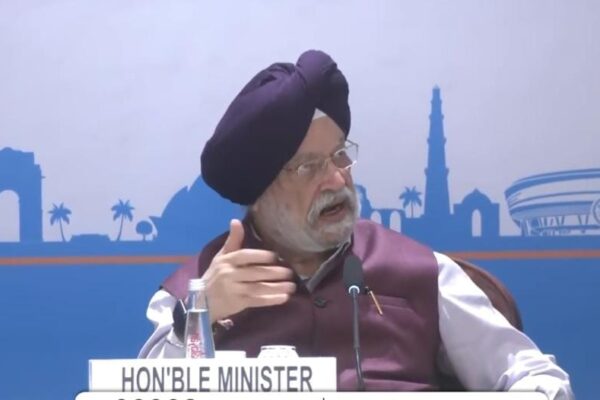North News
New Delhi, January 28
India and China have agreed to hold an early meeting of the India-China Expert Level Mechanism to discuss the resumption of hydrological data sharing and cooperation on trans-border rivers. This decision is critical as rivers flowing from China into India, such as the Brahmaputra and Sutlej, play a significant role in flood control and disaster mitigation.
The trans-border rivers fall into two main systems. In the East, the Brahmaputra River system, called Yaluzangbu or Tsangpo in China, includes the Siang River and its tributaries Subansiri and Lohit. In the West, the Indus River system includes the Sutlej (LangqenZangbo in China) and the Indus River. India and China signed a Memorandum of Understanding (MoU) in 2002 for sharing hydrological data during the flood season (May 15–October 15) for the Brahmaputra. This MoU, renewed several times, expired in June 2023. A separate MoU for the Sutlej, signed in 2005, also focused on disaster mitigation. Though the Sutlej MoU expired in 2020, China has intermittently provided monsoon data.
Foreign Secretary Vikram Misri visited Beijing on January 26-27 for the Foreign Secretary-Vice Foreign Minister mechanism meeting. Alongside Chinese Vice Foreign Minister Sun Weidong, he reviewed bilateral relations comprehensively and agreed on steps to rebuild ties. Other key outcomes included the decision to resume the Kailash Mansarovar Yatra in summer 2025, pending discussions on modalities. Both sides also agreed to restart people-to-people exchanges, including media and think-tank interactions, and to negotiate resuming direct air services.
To mark the 75th anniversary of diplomatic ties in 2025, India and China plan to organize commemorative activities to enhance public diplomacy and restore mutual trust. Both sides also agreed to address economic and trade issues to improve transparency and predictability in bilateral dealings.
During the visit, Misri met senior Chinese officials, including Wang Yi, Foreign Minister and Director of the Office of the Central Commission of Foreign Affairs, and Liu Jianchao, Minister of the International Department of the Communist Party of China. Discussions emphasized strengthening mechanisms for functional exchanges and stabilizing ties through cooperative initiatives.
The Ministry of External Affairs stated that these measures reflect the shared commitment of both nations to fostering mutual understanding, enhancing cooperation, and addressing regional challenges effectively.



